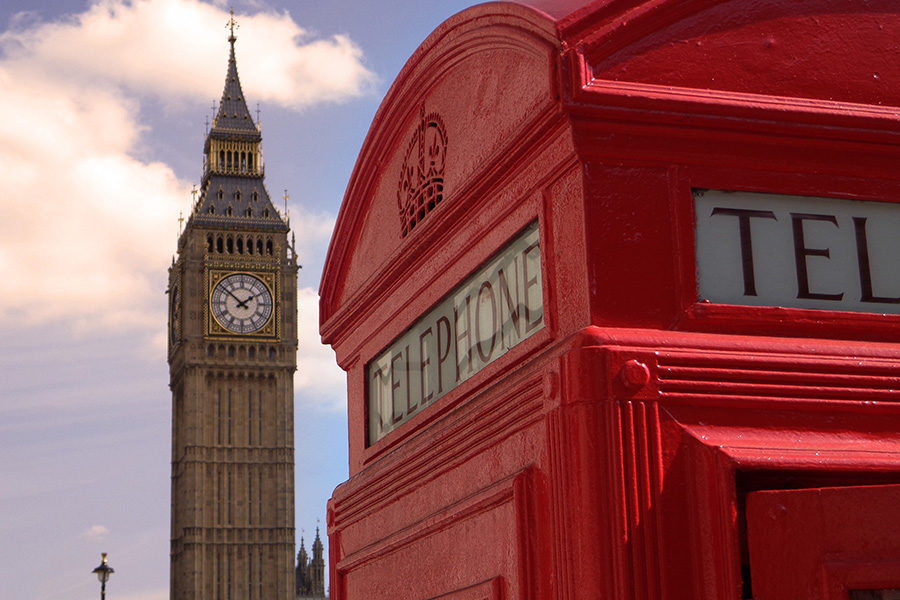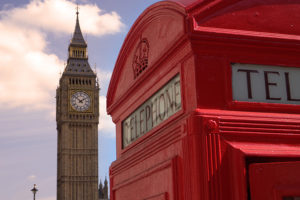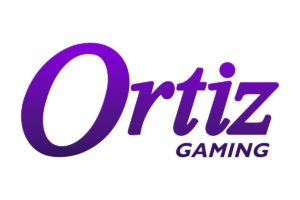Lords criticise UK gambling white paper

Members of the upper house have criticised the number of consultations proposed.
UK.- The most controversial part of the UK government’s gambling white paper is turning out not to be any of its proposals but the fact that so much is being left to be defined by further consultations. Members of the House of Lords, the UK parliament’s upper house, have added their voices.
Questioning Lord Parkinson of Whitley Bay, the parliamentary under-secretary of state for the department for culture media and sport, many welcomed the white paper’s provisions but criticised the “hurry up and wait” approach.
Lord Grade of Yarmouth, the former chairman of the Select Committee on gambling harms, welcomed the direction of the paper but said that he was concerned by how longer further consultations would take, noting that the government had already received 60,000 responses to the consultation that came before the publication of the paper.
He said: “This reminds me of the great saying in the film industry, ‘hurry up and wait’, when you get to the location and everybody is standing around, ready, but nothing happens. We are ready to go with this.”
Parkinson defended the decision to undertake more consultations as part of the government’s duty to follow due process. He said the paper provided “clear strategic direction”.
“There is a difference between the consultation that led to the white paper, on what to do and whether to do it, and the consultation now on how to do it,” he said, adding that the consultations would reduce the potential for legal challenges, which would only cause “further delay and frustration”.
Gambling advertising
Another criticism was the lack of controls on gambling advertising. Lord Foster, the Liberal Democrat chair of Peers for Gambling Reform, said: “There is clear research showing that advertising leads to people starting to gamble, leads existing gamblers to gamble more and leads those who have stopped to start again.
“Why would the industry spend £1.5bn a year on marketing if it was not to boost its profits? Other countries are taking action to ban or restrict gambling advertising. The majority of the British public wants us to do the same. Why is more not being proposed in this country?”
However, Parkinson argued that the white paper did propose action, specifically on the issue of advertising in sports.
“Sports bodies are working together to design and implement a cross-sport code of conduct to raise standards for gambling sponsorship across the sector,” he said. “There is detail in the white paper and more work to be done.”










